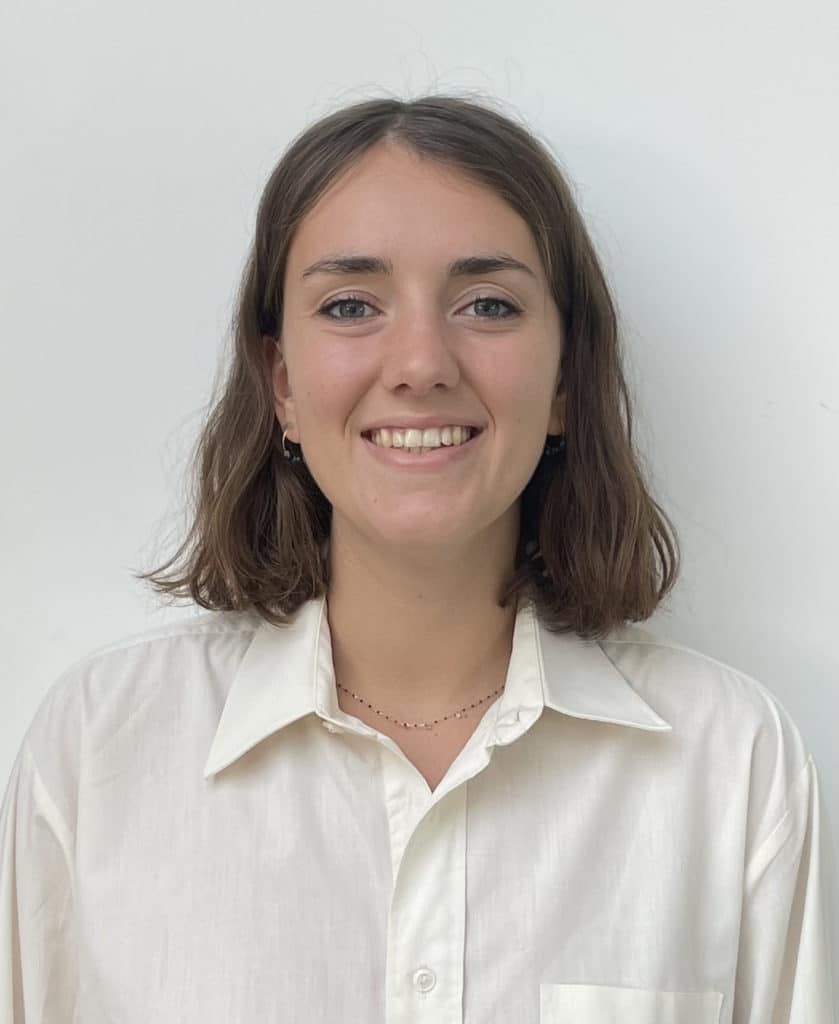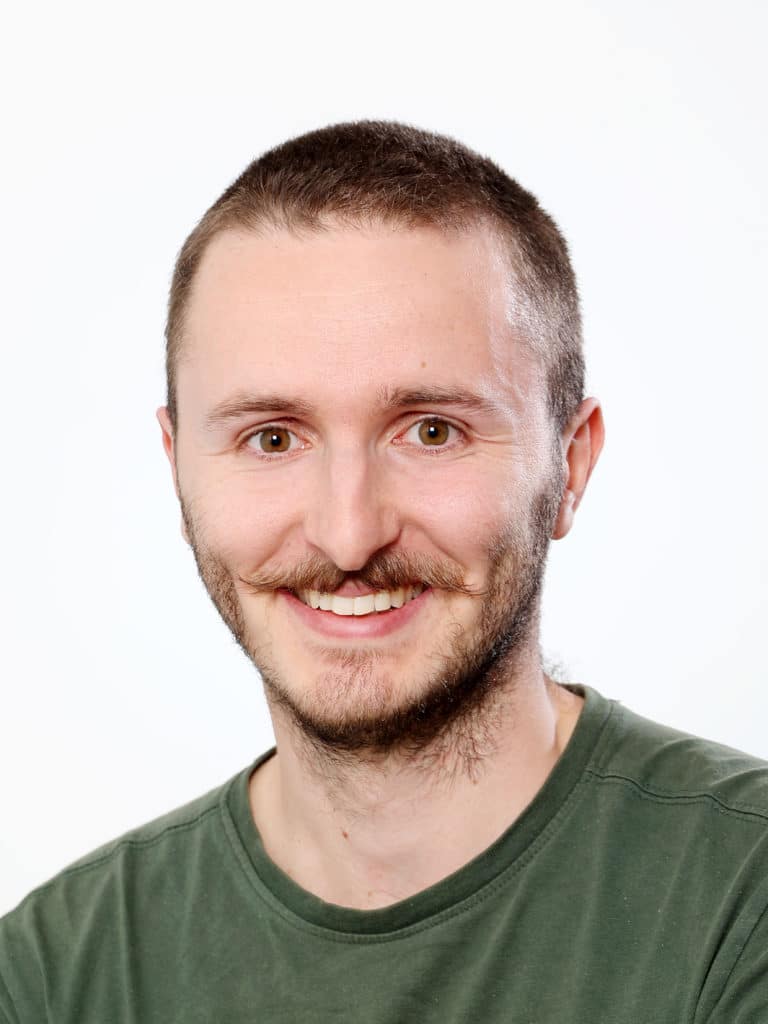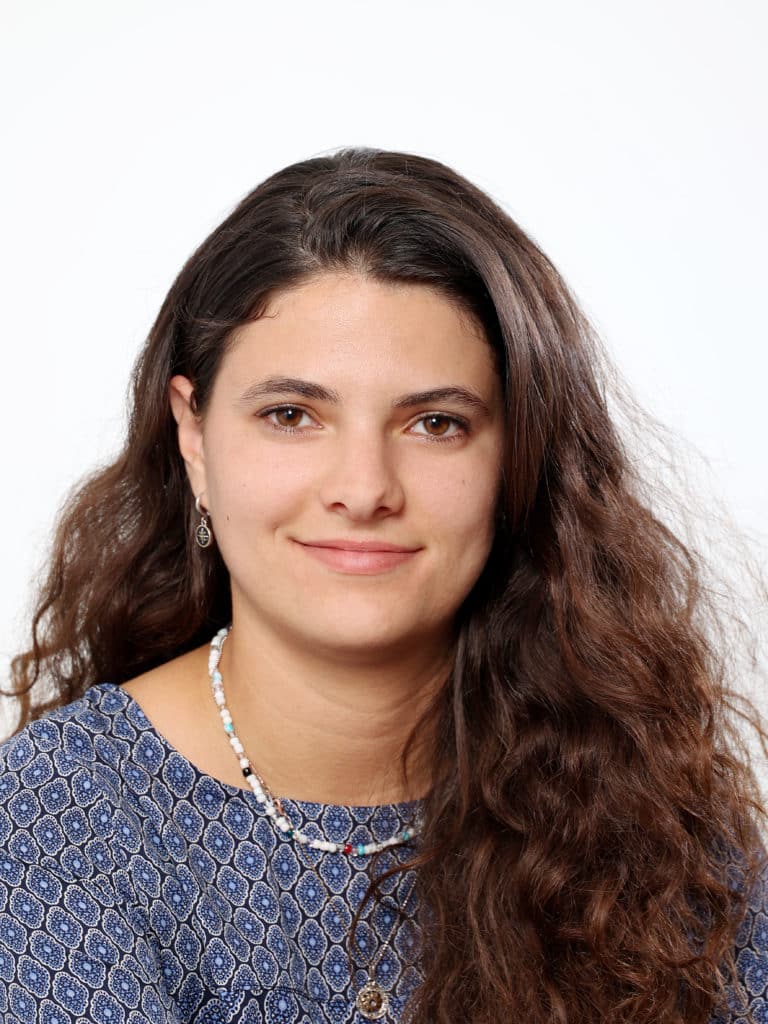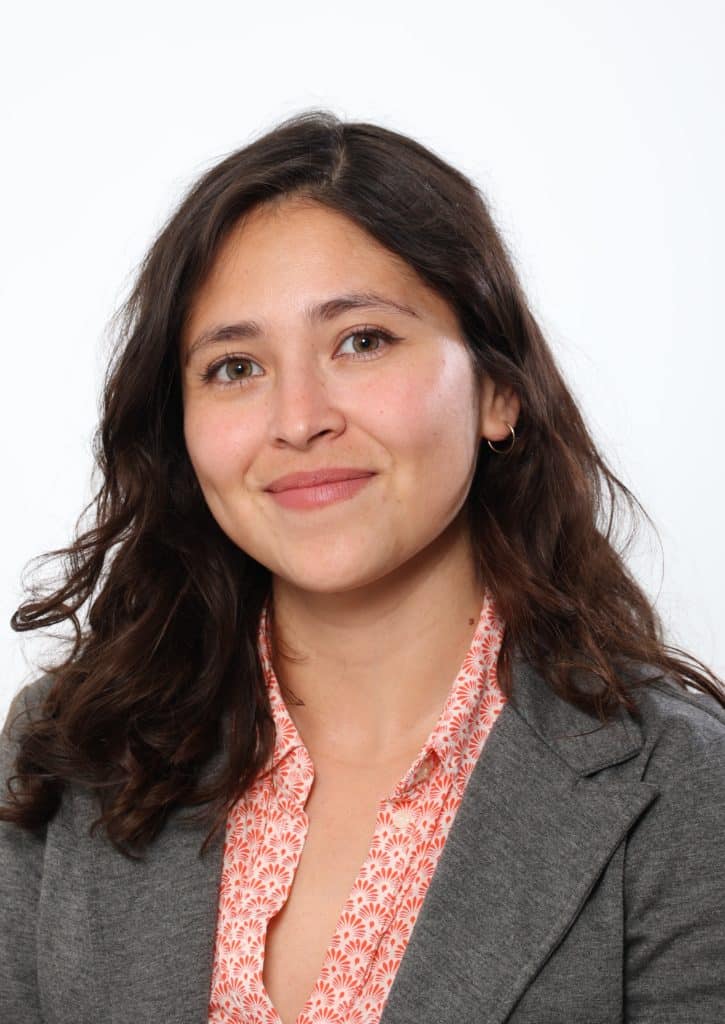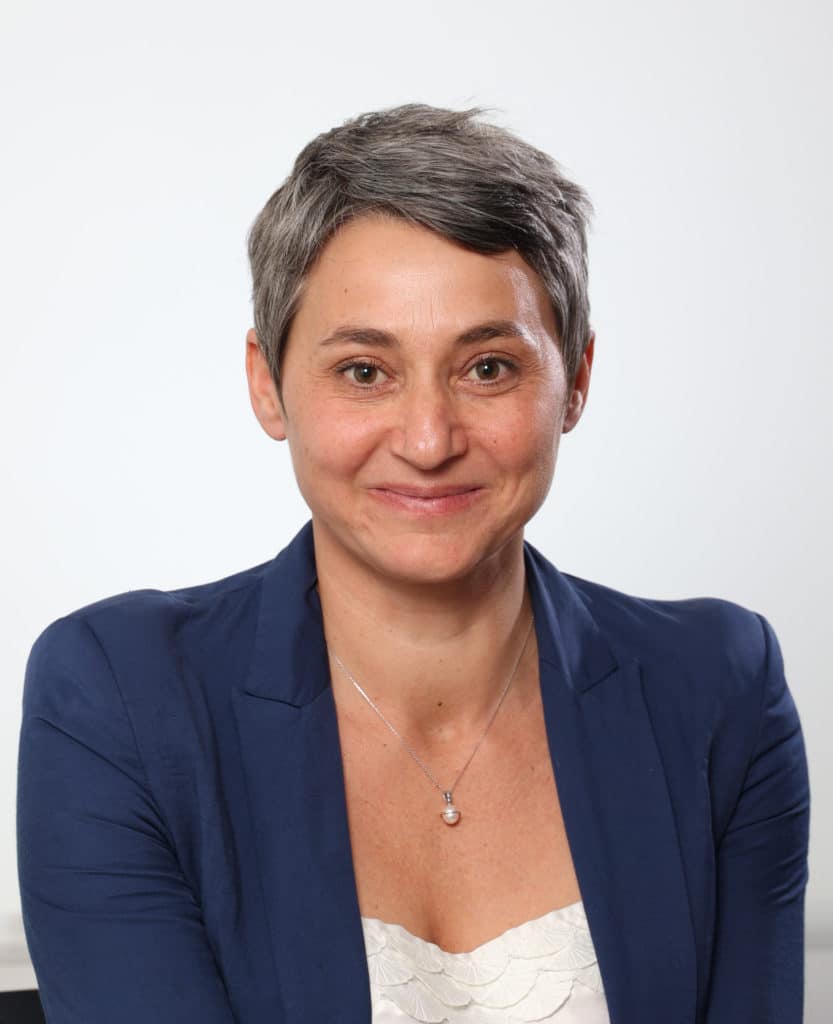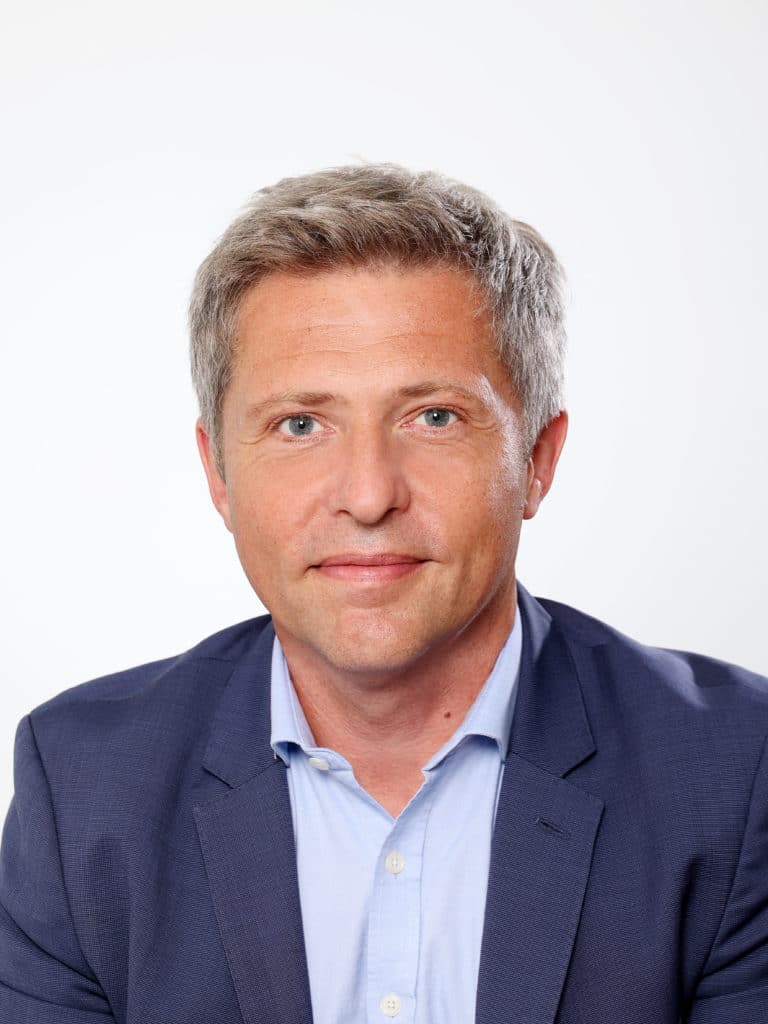En présentiel
Porter une ambition environnementale dans un projet d’aménagement durable.
- Créativité
- Inclusion
- Résilience
- Sobriété
- Matériaux
- Construction
- Rénovation / Réhabilitation
- Aménagement
- Conduite du changement
- Suivi de performance / Labels, normes et certificats
- Éducation et formation
Un ÉcoQuartier est un projet d’aménagement qui intègre tous les enjeux et principes d’aménagement durable de l’échelle du quartier à l’échelle du territoire.
L’un des enjeux principaux de l’aménagement durable relève de la question environnementale et s’appuie sur le référentiel Ecoquartier, qui dans sa dimension 4, rappelle qu'il s'agit notamment :
- De « Proposer un urbanisme permettant d'anticiper et de s'adapter au changement climatique et aux risques »,
- De « Viser la sobriété énergétique, la baisse des émissions de CO2 et la diversification des sources au profit des énergies renouvelables et de récupération »,
- De « Limiter la production des déchets, développer et consolider des filières de valorisation et de recyclage dans une logique d'économie circulaire » ,
- De « Préserver la ressource en eau et en assurer une gestion qualitative et économe » ,
- De « Préserver, restaurer et valoriser la biodiversité, les sols et les milieux naturels ».
OBJECTIFS DE LA FORMATION :
- Avoir une connaissance générale des principaux enjeux environnementaux à prendre en compte à l'échelle du quartier, d'une opération d'aménagement, par la déclinaison des engagements de la démarche EcoQuartier (dimension 4 de la démarche : environnement et climat)
- Faire le lien entre les enjeux environnementaux à l’échelle du projet, les outils (PLU, Agenda 21, PCET, TVB...) et acteurs du territoire
- Intégrer la démarche d’évaluation environnementale au sens réglementaire
- Connaître les outils mobilisables pour décliner les enjeux environnementaux dans le temps du projet, notamment à travers les outils contractuels
- Mobiliser le jeu d'acteurs et améliorer la structuration de la maîtrise d’ouvrage
- Bénéficier des premiers retours d’expériences d’opérations labellisées dans une optique d’amélioration continue des modes de faire la ville.


